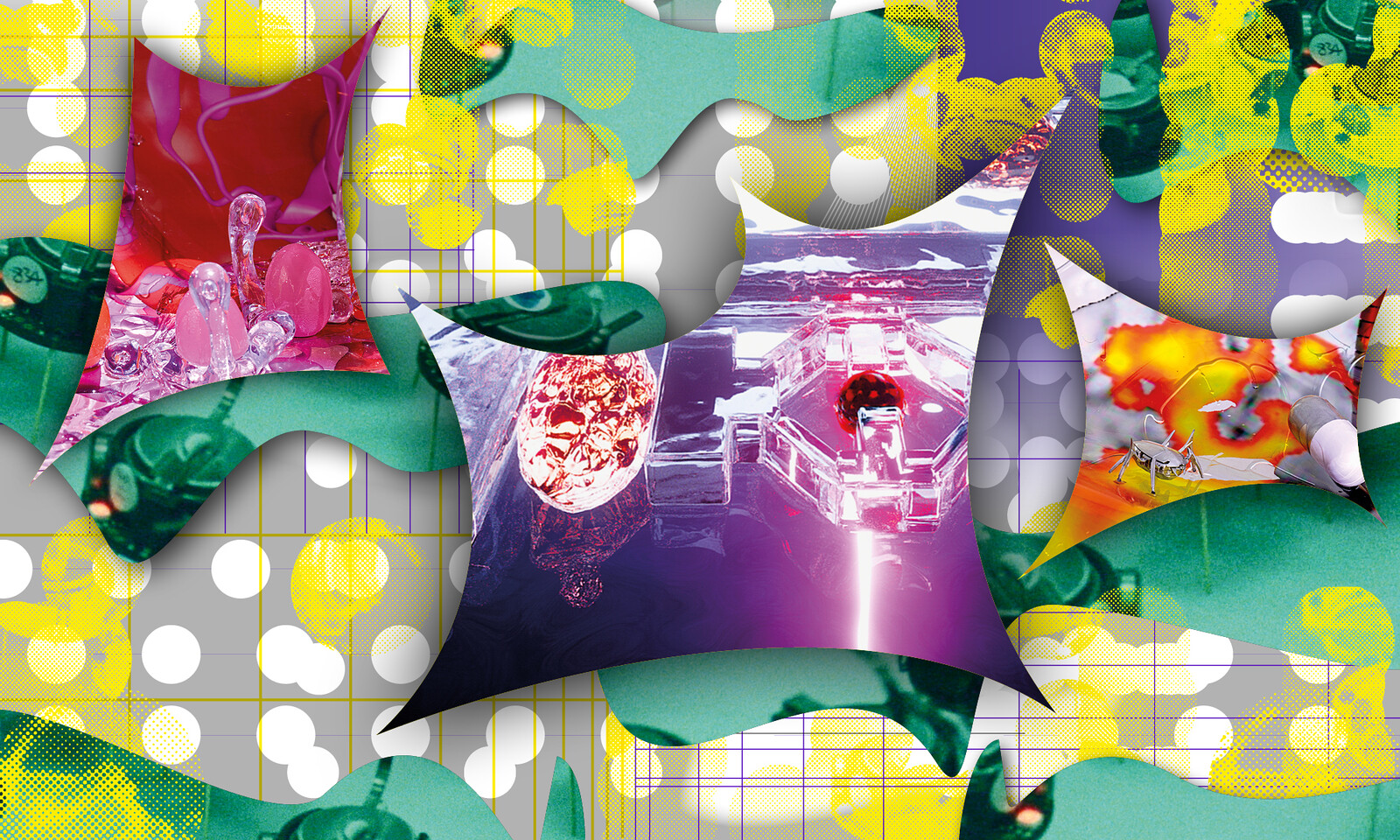An Expanded Field
December 11, 2020–April 25, 2021
Place Cosandey
1015 Lausanne
Switzerland
Hours: Tuesday–Sunday 11am–6pm
T +41 21 693 65 01
pavilions@epfl.ch
EPFL Pavilions is pleased to announce the re-opening of its spaces with the exhibition Nature of Robotics: An Expanded Field.
The premise behind Nature of Robotics is to offer an unconventional look at the subject of robotics and to extend its understanding into broader notions, situated at the frontier between science and the visual arts. Modular, reconfigurable, soft, micro and bio robotics manifest the emerging scenarios of a discipline facing constant renewal.
The exhibition revisits the notion of the “expanded field”[1], echoing Rosalind Krauss’s expression “the expanded field of sculpture”; this notion is here employed to ground a curatorial endeavour, framing robotics in environment-related thinking.
COVID-19 has introduced a novel sense of precariousness, and the role of technologies is questioned in light of a global phenomenon that challenges us at our most fundamental level. The virus outbreak disrupted first our bodies, then our habits, intensifying our dependence on technology for survival and communication; at the very origin of the pandemic were the consequences of our controversial relationship with the environment and the violent alteration of ecosystems. The disruption caused by the pandemic reframed all our concerns: on a deeply intertwined scale, animals and humans, the environment, biology and technology appear as the interdependent factors of an ongoing crisis. All are actors/agents of what could be an overcoming or even transcendence of its destructive forces.
Nature of Robotics widens the scope of this reflection, questioning robotics as a science; it reveals how technological advancements and developments are structurally dependent on a process of investigation and learning through “observation” of the natural world.
Visions emerging from EPFL laboratories are juxtaposed with speculative creatures, drawings, diagrams, and videos produced by contemporary artists. Opening a realm of speculation common to scientific and artistic research, the exhibition investigates the interdisciplinary concerns of robotics today, as well as its impact on society and environment. Cautious observers and inventive creators, artists and scientists explore the complexities of our environments, magnifying our observation, knowledge and imagination of past and future hybrid ecosystems.
[1] Rosalind Krauss, Sculpture in the Expanded Field, in October, Vol. 8 (Spring, 1979), pp. 30–44.
Artists and Scientists
Haseeb Ahmed, Claudia Comte, Alexandra Daisy Ginsberg, Agnes Denes, Melissa Dubbin & Aaron S. Davidson, Urs Fischer, Basim Magdy, Jürg Lehni, Adrien Missika, Katja Novitskova, Trevor Paglen, Léa Pereyre & PATHOS, Jean Tinguely, Suzanne Treister.
EPFL Biorobotics Laboratory / Prof. Auke Jispeert, EPFL Soft Transducers Laboratory / Prof. Herbert Shea, EPFL MicroBioRobotic Systems Laboratory / Prof. Selman Sakar, EPFL Reconfigurable Robotics Laboratory / Prof. Jamie Paik.
New Commissions
Haseeb Ahmed, Stock Weather, 2020
Melissa Dubbin & Aaron S. Davidson, Delay Lines (feedback), 2020, in the framework of CDH AiR Artist-in-residence program, College of Humanities / EPFL Pavilions.
Curator Giulia Bini
EPFL Pavilions Director Sarah Kenderdine
Supported by the Swiss Arts Council Pro Helvetia
Partners NCCR Robotics
EPFL Pavilions
Located at the heart of a vibrant international university, EPFL Pavilions is an amplifier for art and science in society, a meeting place for all disciplines. In the Pavilions, exhibitions and programs evolve in dialogue with scientific innovation and societal challenges, engaging visionary perspectives on our contemporaneity. Reaching beyond object-oriented curation, EPFL Pavilions blends experimental curatorship and contemporary aesthetics with open science, digital humanism and emerging technologies. In participation with its diverse communities, EPFL Pavilions is uniquely positioned as an experimental space for access to new forms of knowledge arising at the intersections of these transdisciplinary practices.
Inaugurated in 2016, the building is designed by Japanese architect Kengo Kuma. Since 2017 EPFL Pavilions (formerly EPFL ArtLab) is directed by Prof. Sarah Kenderdine.


